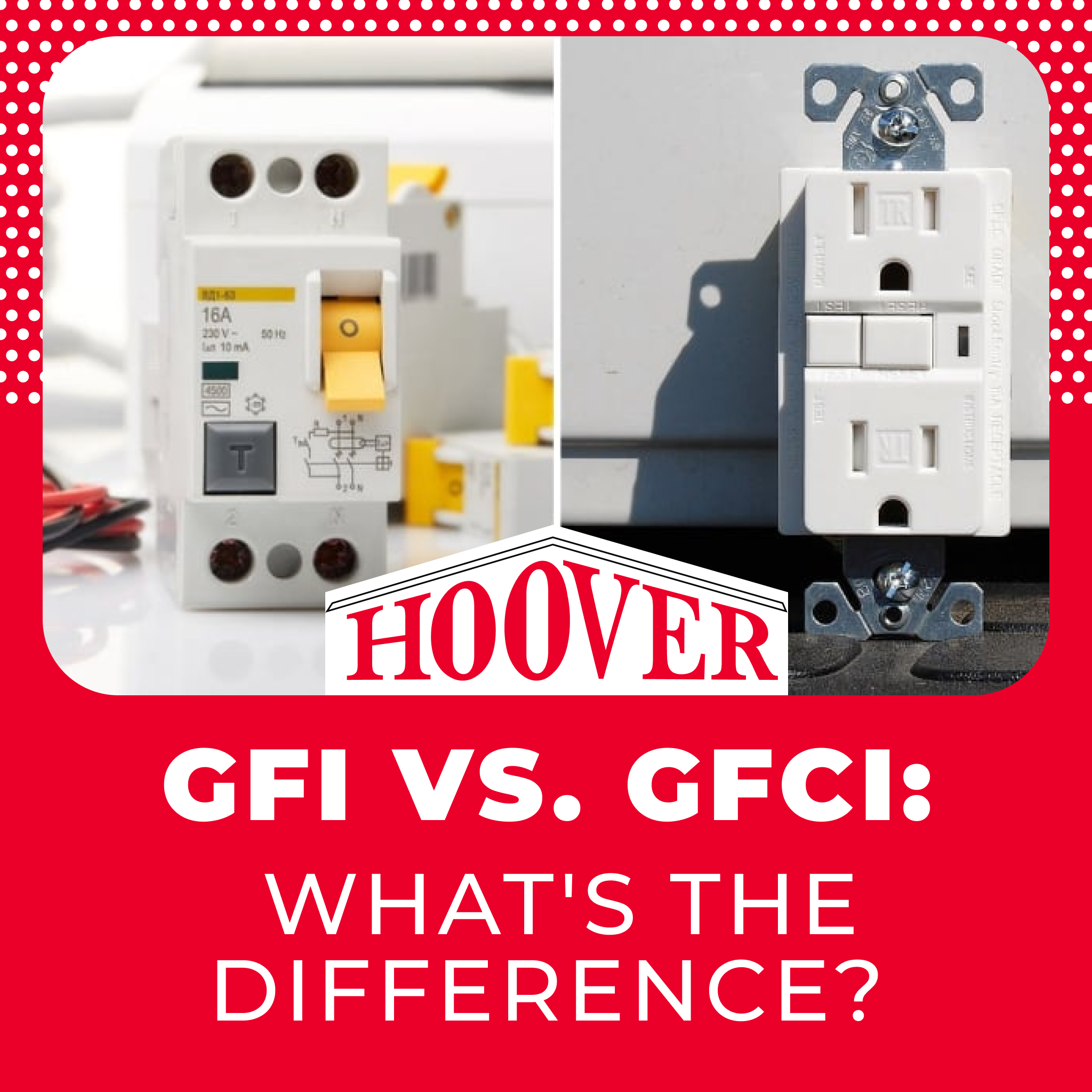If you live in an older home, you may have two prong outlets instead of three prong outlets. This can be inconvenient, to be sure, as many appliances and electronics now have three prongs and require an adaptor to fit into two prong outlets. More than that, though, two prong outlets increase the risk of electrocution and power surges. Three prong outlets protect against electrical shock, electrical fires, and damage to your electronics and appliances. If you’ve got two prong outlets, then, it’s time to upgrade.
Since 1962, building codes have required grounded, three prong outlets. Why, then, would a house still have the old two prong outlets? It comes down to cost. Because most homeowners are reluctant to spend the 5 to 15 percent of their home’s value it would cost to upgrade, regulators have made an exception for existing outlets. That does not, however, mean that this is the safest option. Current building codes require not only three prong outlets, but also, in areas with water, GFCI (ground-fault circuit interrupter) outlets. GFCI outlets protect against electrocution from a short circuit. There’s no protection like that with two prong outlets.
You can replace two prong outlets with GFCI outlets, but that won’t solve the problem of grounding. In other words, while it will reduce your risk of being electrocuted, it won’t protect your electronics and appliances from a power surge. If you are under the impression that you can solve the problem by using surge protectors, understand this: surge protectors are only as good as the outlets they’re plug into, so if the outlet isn’t grounded, the surge protector is useless. If you do decide to install GFCI outlets instead of your two prong outlets, you’ll have to label them “GFCI Protected, No Equipment Ground.”
A better option is to call in a professional to upgrade your home to three prong outlets. To understand why it’s so important, let’s talk about how outlets work. Every outlet has both a hot and a neutral wire. The hot wire carries electrical current to the outlet and the neutral wire sends it back to the main electrical panel. Both wires are designed in a way that allows them to handle a certain amount of voltage- usually 120 volts. If more electricity flows into those wires than they’re designed to handle, they can get hot, or deliver an electrical shock. If there’s a ground wire present, that extra electricity is carried along this wire and absorbed into the earth.
If your electrical system needs upgrading, call Hoover Electric. Established in 1980, Hoover Electric, Plumbing, Heating, and Cooling has been serving customers in Southeast Michigan ever since, offering courteous, professional service. Because we offer all the services you need for residential maintenance under one roof, we’re able to offer extremely competitive pricing while maintaining great customer service and guaranteed satisfaction. When you’re looking for top-quality electrical, plumbing, heating, or cooling services in Clinton Township, contact Hoover through our website or call 586-232-9204 today.


